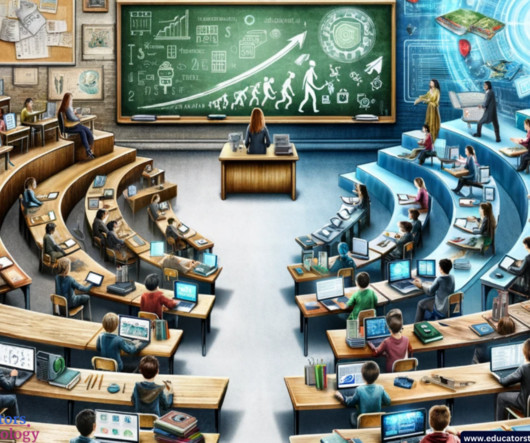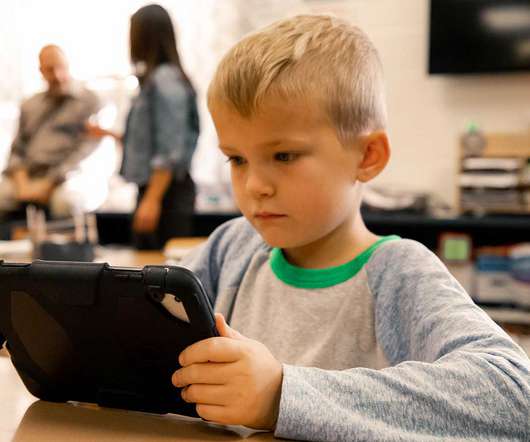Characteristics of The 21st Century Classroom
Educational Technology and Mobile Learning
JANUARY 4, 2024
This can involve differentiated instruction strategies where tasks are tailored to each student’s learning pace and style. Critical thinking, as Finn (2011) defines it, “is applied rationality…a set of skills that people can learn and apply in their everyday or professional lives.” References Finn, P.













Let's personalize your content